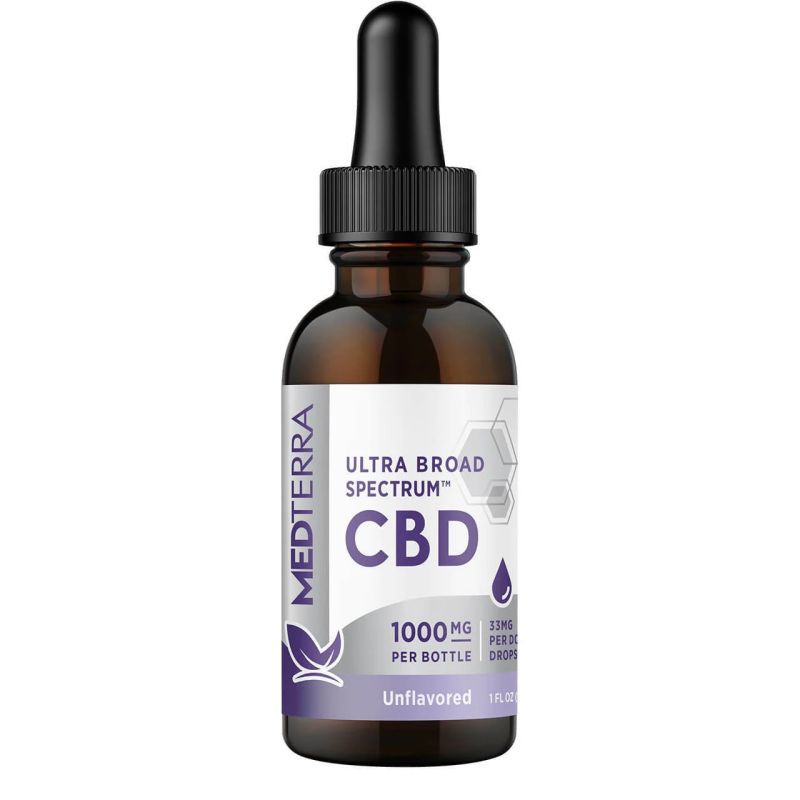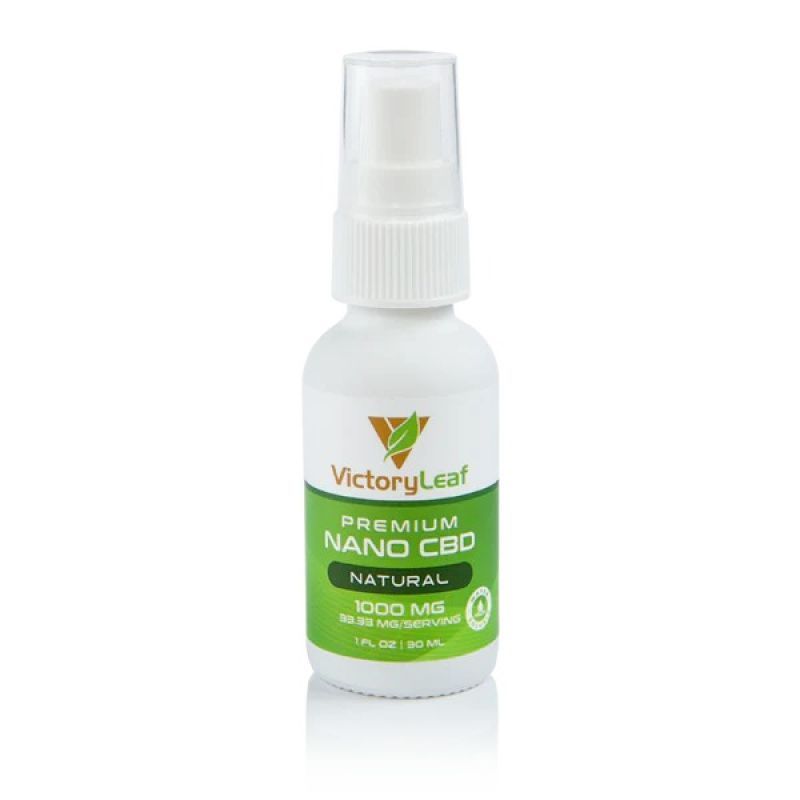As the popularity of CBD continues to soar, researchers are delving deeper into the potential health benefits of this compound. Unlike THC, CBD is non-intoxicating and has been gaining traction for its therapeutic properties. In recent years, CBD has been studied for its potential impact on cardiovascular health, which is an area of great interest given the high prevalence of heart disease worldwide.
While research into the potential health benefits of CBD is still ongoing, there is growing evidence to suggest that this compound may have significant therapeutic potential for improving cardiovascular health
In this blog post, we will take a closer look at the latest research on CBD and how it may help promote a healthy heart. From reducing blood pressure to lowering inflammation, there are several potential benefits of CBD supplements that we will explore in detail. So, if you're curious about the science behind CBD and heart health, keep reading to learn more.
What is CBD?
Cannabidiol, or CBD, is a naturally occurring compound found in the cannabis plant, which has been used for medicinal and recreational purposes for centuries. It belongs to a class of compounds known as cannabinoids, which interact with the body's endocannabinoid system to produce a range of effects.
However, while the cannabis plant is best known for its psychoactive effects, which are primarily attributed to the presence of tetrahydrocannabinol (THC), CBD is a non-intoxicating compound. This means that it does not produce the same mind-altering effects as THC, which is why it has gained popularity as a potential therapeutic agent.
CBD is available in various forms, including oils, capsules, edibles, topicals, and even as a vape liquid. Each form of CBD has its own unique benefits and applications, depending on the individual's needs and preferences.
Natural compound with promising potential
One of the most significant advantages of CBD is its ability to interact with the body's endocannabinoid system, which plays a crucial role in maintaining homeostasis, or balance, throughout the body. By interacting with cannabinoid receptors located throughout the body, CBD can help regulate a range of bodily functions, including mood, appetite, sleep, immune function, and pain perception.
One area of particular interest is the potential impact of CBD on cardiovascular health. Heart disease is a leading cause of death worldwide, and there is a growing body of research suggesting that CBD may have beneficial effects on the cardiovascular system.
One study published in the Journal of Clinical Investigation found that CBD reduced resting blood pressure in healthy volunteers. The study also found that CBD reduced blood pressure response to stress, which is a risk factor for heart disease. Another study published in the European Journal of Pain found that CBD can reduce inflammation and pain associated with arthritis, which is a risk factor for heart disease.
In addition, CBD has been shown to have antioxidant properties, which can protect the heart from damage caused by free radicals - unstable molecules that can cause oxidative stress, which can lead to cell damage and inflammation. It also has potential in reducing the risk of arrhythmias, which are irregular heartbeats that can lead to more serious conditions such as heart failure or stroke. A study published in the British Journal of Pharmacology found that CBD can reduce the severity and incidence of arrhythmias in animal models.
Most popular CBD supplements
While more research is needed to fully understand the potential benefits of CBD for heart health, some studies suggest that it may have certain properties that could benefit the cardiovascular system. Here are some potential CBD supplements for a healthy heart.
CBD Oil
CBD oil is one of the most popular CBD supplements, and it is known to have a calming effect on the body, which can help to reduce stress and anxiety. Since stress and anxiety are known risk factors for heart disease, CBD oil may be able to help reduce the risk of developing heart disease.
Ultra Broad Spectrum™ Hemp Oil is made using a proprietary extraction method that preserves all the elements of the hemp plant in the final product, including minor cannabinoids, terpenes, and bioflavonoids, through a process called whole-plant extraction. These compounds work together to enhance each other's effects, which is referred to as the entourage effect.

CBD Capsules
Capsules are another popular way to take CBD supplements. They offer a convenient way to measure and take a precise amount of CBD. Our Pure CBD Capsules, for example, contain some of, if not, the purest CBD oil on the market. Each of these vegan softgels is made with a plant-based capsule and is filled with 40mg of broad-spectrum CBD.

Browse our full range of CBD capsules here.
CBD Tinctures
Similar to CBD oil, CBD tinctures are a liquid form of CBD that can be taken sublingually or added to food or drink. They may have a faster onset time than other forms of CBD supplements. The emergence of water-soluble CBD is gaining momentum as a promising substitute for conventional CBD oil.
Unlike the oil-based counterpart, the absorption of water-soluble CBD is highly efficient, enabling the body to assimilate nearly 100% of the cannabinoids. This attribute makes the effects of water-soluble CBD up to 10 times more potent than that of CBD oil.

Browse our full range of CBD tinctures here.




Share this via
Or copy link